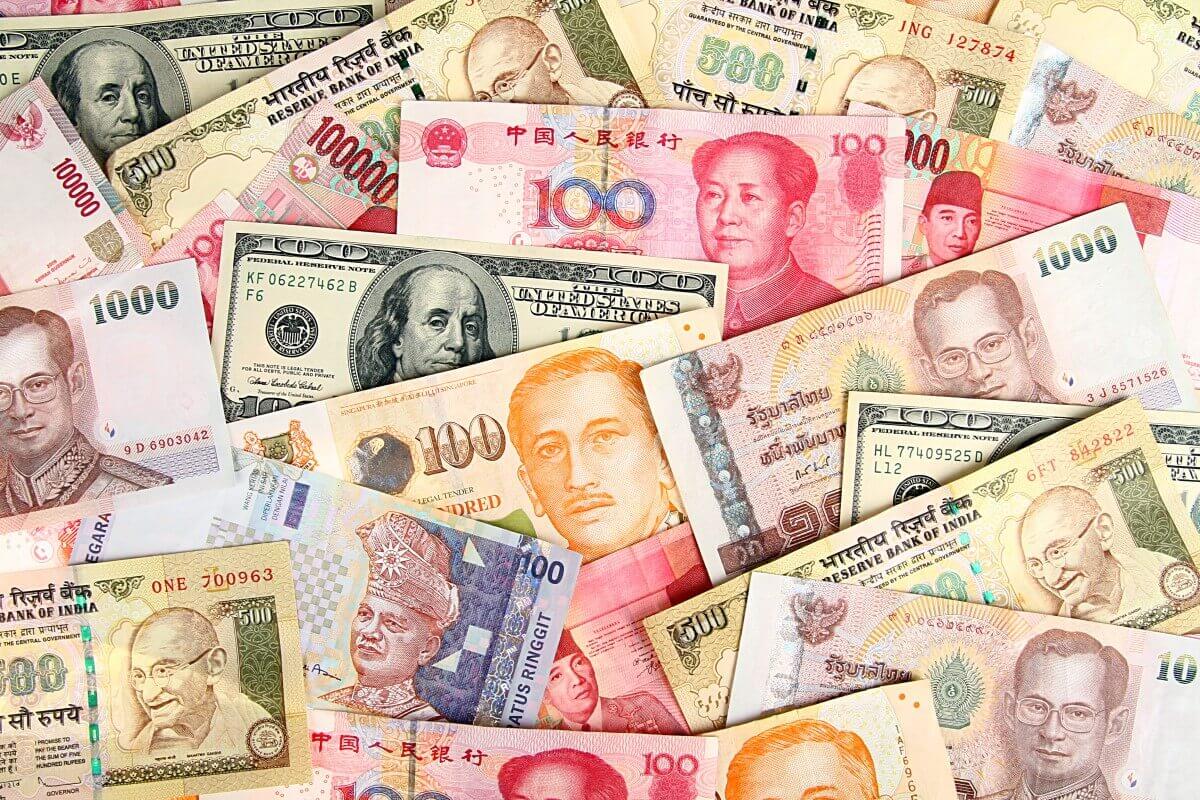Commodity currencies tumbled down from several months’ highs on Thursday after sudden selling against the Japanese yen sideswiped their rally on strong raw material prices. However, many traders concluded such an end as inevitable profit-taking after a significantly long rally. Investors saw no clear trigger for the move. Although, some of them mentioned speculation about cash-strapped China Evergrande being able to make an announcement soon as it grapples with the possibility of default. On Wednesday, the Chinese property giant announced that it was abandoning plans to sell a $2.6 billion stake in one of its main units.
Meanwhile, the Australian dollar plummeted down by 0.2% against the U.S. dollar. It traded at $0.7501 after it had hit a three 1/2-month high of $0.75465 earlier in the day. Against the Japanese yen, the Aussie plunged by 0.5% to 85.58 yen after skyrocketing to an almost four-year high of 86.25.
The New Zealand dollar also declined by 0.3% to 82.04 yen. Before dropping today, the Kiwi had soared for the past ten consecutive days against the Japanese currency in its longest rallying streak since 2014.
The greenback shaved off 0.2% versus the yen and traded at 114.12. It veered away from its four-year high of 114.695 reached on Wednesday. Masaru Ishibashi, joint general manager of Sumitomo Mitsui Bank, noted that he expects a bit of correction in risk assets ahead of many events coming up in the next week, including the Bank of Japan’s (BOJ) policy meeting. He also added that there are a lot of talks that a weaker yen is hurting the economy ahead of Japan’s election (on October 30). BOJ Governor Haruhiko Kuroda will have to answer some questions about it. The BOJ plans to hold its policy meeting on October 27-28.
How did the European currencies fare?
European currencies managed to stay steady on Thursday. The euro was flat at $1.1664, remaining close to Tuesday’s three-week high of $1.1670.
On the other hand, British Pound tumbled down by 0.1% to $1.3807. Still, investors’ firming perceptions that the Bank of England (BoE) will raise interest rates as soon as next month supported the sterling. The bank has to take some steps to curb inflation, despite softer-than-expected U.K. price data published on Wednesday.
The Pound exchanged hands against the common currency at 84.33 pence per euro, near its highest levels since February 2020. Kyosuke Suzuki, the president of the Financial algotech company at Ryobi Systems, stated that it feels as if the BoE is stealing the spotlight from the U.S. Federal Reserve. It looks likely the bank to raise rates before the agency. However, if the Fed is also planning to jump on the bandwagon of global rate hikes sooner than expected, that could be the game-changer.
On Thursday, the dollar’s index remained little changed at 93.612. It hovered just above Tuesday’s three-week low of 93.501. The index had declined by 1.1% from a 15-month top hit last week. Investors expected that the Fed would soon scale back pandemic stimulus. Such forecasts have underpinned the greenback over the past few months.
Now traders are waiting for the agency to announce a tapering of its bond purchase at a policy meeting due in early November. But they also expect the Fed to distance itself from future rate hikes for now. Forex markets are pricing in one U.S. rate hike to begin in 2022 after the agency finishes its tapering process in the middle of next year.
What about the EM currencies?
Asian currencies were mixed on Thursday. The Thai baht, Singapore’s dollar, and the Philippine peso traded flat to lower against a steady greenback. Meanwhile, their equities gained modestly. The mood has been somber on the market after China Evergrande’s deal to sell its shares fell through this week. This update revived fears about a crisis at the country’s high-yield real estate sector.
Indonesia’s rupiah plummeted down by 0.4% to 14,130 per dollar. China’s thermal coal futures extended losses, causing the currencies downfall.
On the other hand, South Korea’s KOSPI soared by 0.4% after new data showed its 20-day exports rallied by 36%, easing some worries about supply-chain disruptions caused by the energy crisis in China.











